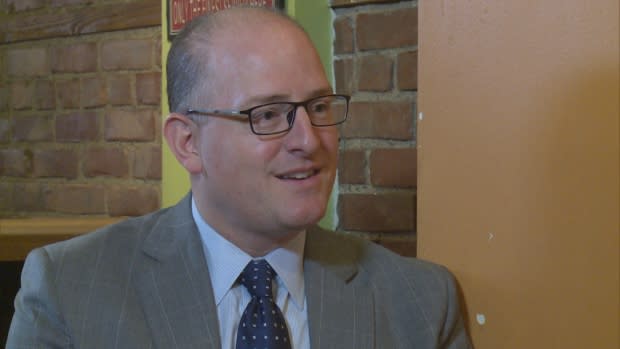Windsor mayor opposes recreational pot shops in town, city council won't discuss them until 2019
The deadline for Ontario municipalities to opt out of allowing private storefronts for recreational cannabis is fast approaching, but Windsor city council has yet to make a decision.
Mayor Drew Dilkens said they might not talk about it until a Jan. 11 council meeting, the day before the provincial deadline.
As it stands, he wants council to vote to opt out, because the current regulations "are too weak."
"I would like to opt out at this point, until we can see those regulations tightened that can better protect our community," he said.
Here are several of the province's regulations:
Only people over 19 can enter cannabis stores.
Storefronts must be stand-alone stores only.
Stores are allowed to be open between 9 a.m. to 11 p.m. on any day.
Stores must be at least 150 metres away from schools.
Dilkens said there aren't regulations preventing stores from opening across the street from mental health and drug addiction treatment facilities.
Currently, Windsor is conducting a survey and people can give their opinion on whether they want private cannabis retail or not. The survey is open until Jan. 4.
Mayor wants 'reasonable restrictions'
Private retail stores in Ontario will be legal starting April 1.
The Progressive Conservative government has announced plans to give out 25 licenses via a lottery system in the initial phase, with results coming January.

Previously, Dilkens had been supportive of the city opting into having those stores. However, he said with more information about the regulations having been released since, his views have changed.
So far in Windsor-Essex, Lakeshore and Tecumseh have voted to opt out. Town of Essex mayor wants to opt out while Leamington's mayor cites major economic benefits to the municipality if they were to opt in.
Dilkens wants the province to come back to the table with what he considers "reasonable restrictions" so the shops are more "tolerable" for the community.
"I think the more cities that opt out across the province, the more the province will feel like they need to act and look at why cities are opting out."

